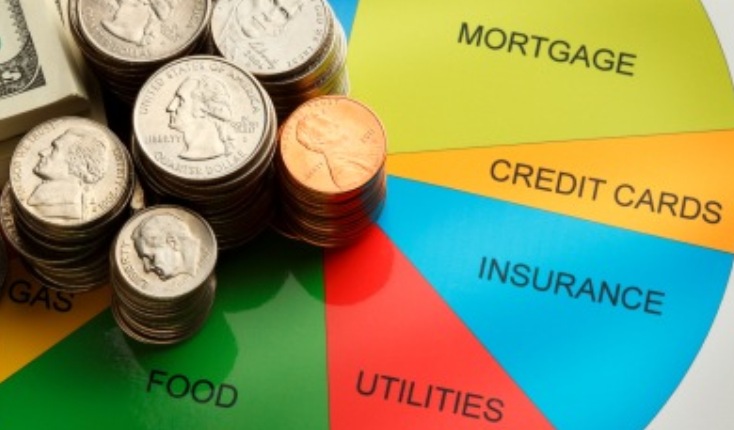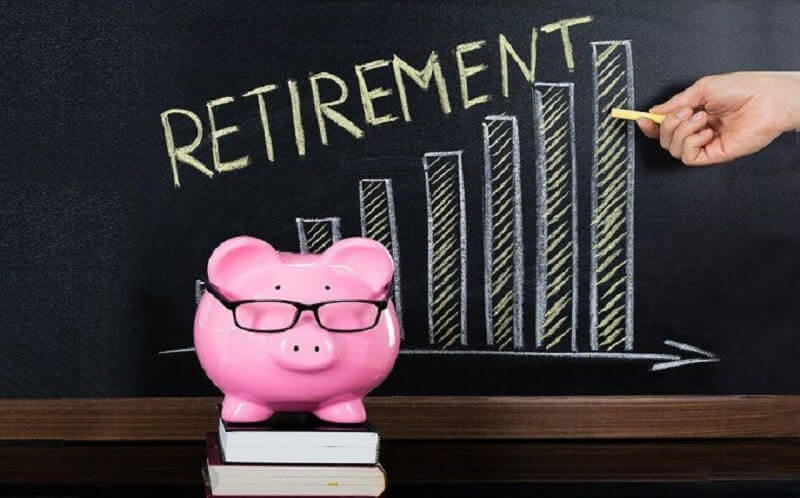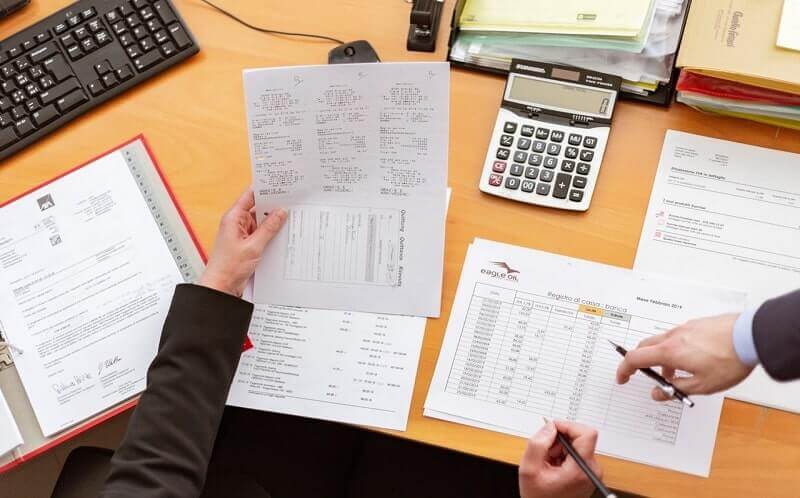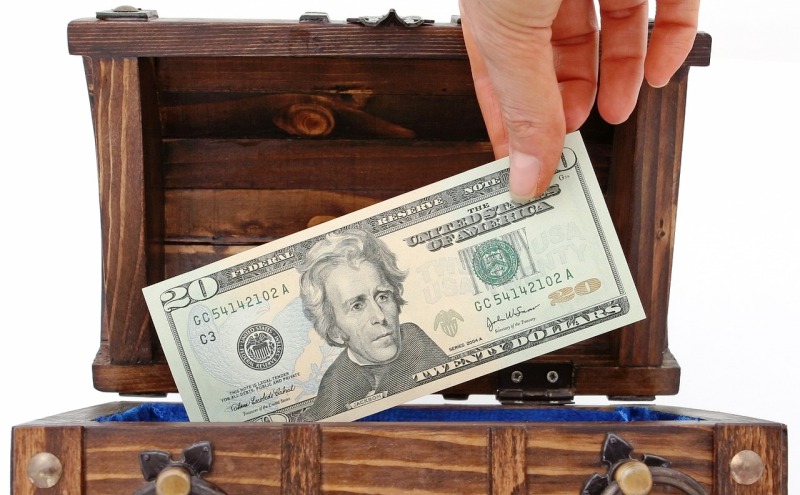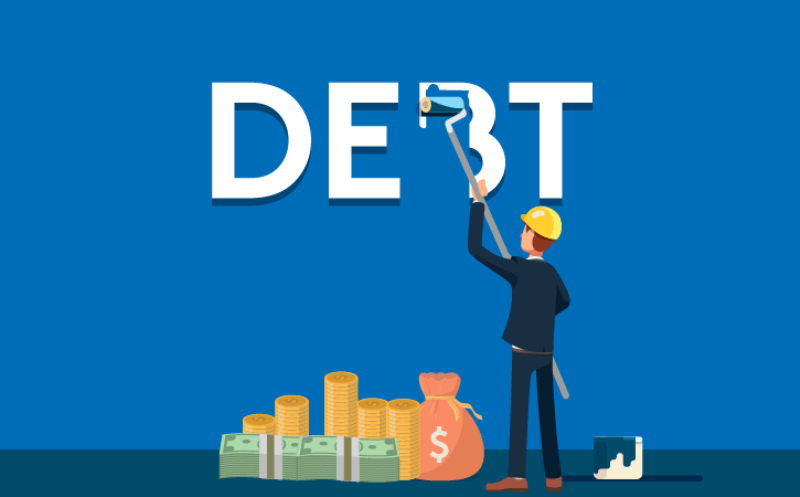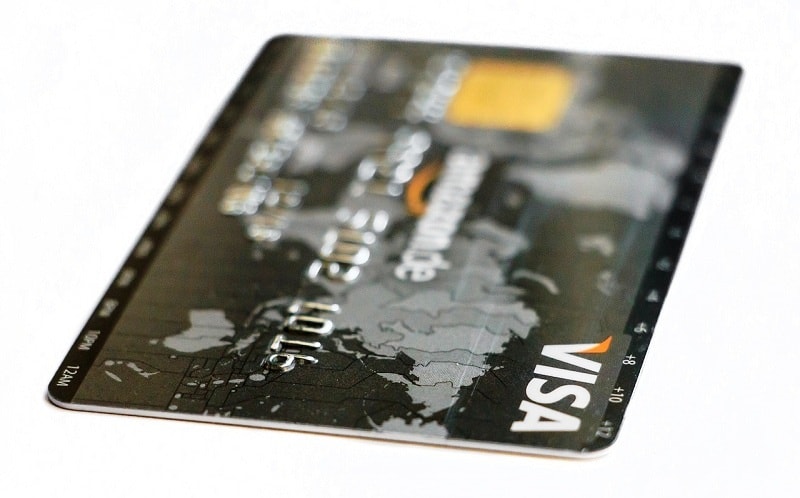Unsecured loans are issued on the basis of information about the creditworthiness of the borrower, and not of any type of collateral.
An unsecured loan is one of the ways to get money if the potential borrower for one reason or another does not have enough funds to meet specific needs. This option of borrowing is considered far from the best way to finance. It has advantages and disadvantages that it is recommended to consider before applying. The borrower will also have to pay attention to studying information about the potential lender. This makes this form of debt relationship riskier for the lender.
To approve the transaction, you will have to provide a statement of income, a bank statement, and a report from the Bureau of Credit Histories. Borrowers are required to have a high credit rating since the lender at the stage of consideration of the application will have to rely only on the documents provided by the client.
Unsecured loans differ from mortgages and loans secured by household property with an increased level of risk for the lender. The absence of guarantees is a key characteristic of an unsecured loan, but there are other distinguishing features that a borrower will have to consider before starting to discuss the terms of a future transaction with a representative of a financial institution.
Characteristics of an unsecured loan:
No deposit is required. An unsecured loan happens not to be guaranteed by any property of a potential borrower.
High-interest rates. Interest charges on unsecured express loans are higher than in the case of the secured form of borrowing and most credit cards.
Simplified design procedure. The financial institution does not process data regarding collateral (appraisal activities, insurance, agreement), thereby speeding up the process of considering the application and the subsequent conclusion of the transaction between the parties.
Access to the credit line. Some unsecured loans may be provided as a revolving line of credit or credit card. In this case, the interest rate is variable.
No tax breaks. Interest on unsecured loans is not taxable.
The main feature of an unsecured loan is the lack of guarantees from the borrower. A loan can be obtained without using the property as security. In addition, representatives of credit bureaus are not involved in processing an application for a loan. The questionnaire is examined by employees of a financial institution or special automated systems that are in demand among large microfinance organizations and commercial banks.
Advantages of Unsecured Loans
Unsecured loans are suitable for those borrowers who urgently need cash. It is much easier to apply for an unsecured loan than to enter into a secured transaction with a bank. To get the necessary amount of money, borrowers can provide a small package of documents, while in the case of secured loans, you will have to conclude an additional contract and evaluate the property.
Advantages of unsecured loans:
Availability. Minimum requirements are put forward to a potential borrower.
Universality. Loans are suitable for customers who do not have collateral.
Fixed interest rates. The absence of a floating rate reduces the risk to the borrower.
High-speed design. On average, a loan takes from 20 minutes to 24 hours.
No risk of loss of property in repayment of debt.
If a person who faces temporary financial difficulties does not own real estate, a car, jewelry, or other assets that can be used as collateral, an unsecured loan may be the best choice for borrowing. Additionally, such a form of lending with a fixed rate and a term specified in the contract will help to significantly increase the payment discipline of the borrower.
Unlike secured loans, unsecured forms of borrowing can also be used after bankruptcy to help restore the borrower’s optimal financial condition. By repaying the loan on time, the client of a financial institution raises the confidence rating and improves the state of his credit history.
For what purposes is an unsecured loan suitable?
An unsecured form of lending attracts the attention of potential borrowers who were previously denied a secured loan due to the low appraised value of the property selected for collateral. Consumers who need cash within a few hours of submitting an application may also consider an unsecured loan option.
The money received on loan is used for:
- Acquisition of goods and services (consumer lending).
- College and university tuition fees.
- Repair, restoration, and modification of real estate.
- Repayment of medical debts.
- Business expenses that are guaranteed to make a profit.
- Acquisition and repair of vehicles.
- Early payments on the property (rent, making final installments on a mortgage).
Conclusion
Sometimes unsecured credit remains the only option for borrowing. This form of financing can be an excellent source for obtaining the necessary amount of money. Since loans are usually issued for a short period, a client of a financial institution will have a unique opportunity to calculate a comfortable payment schedule.





